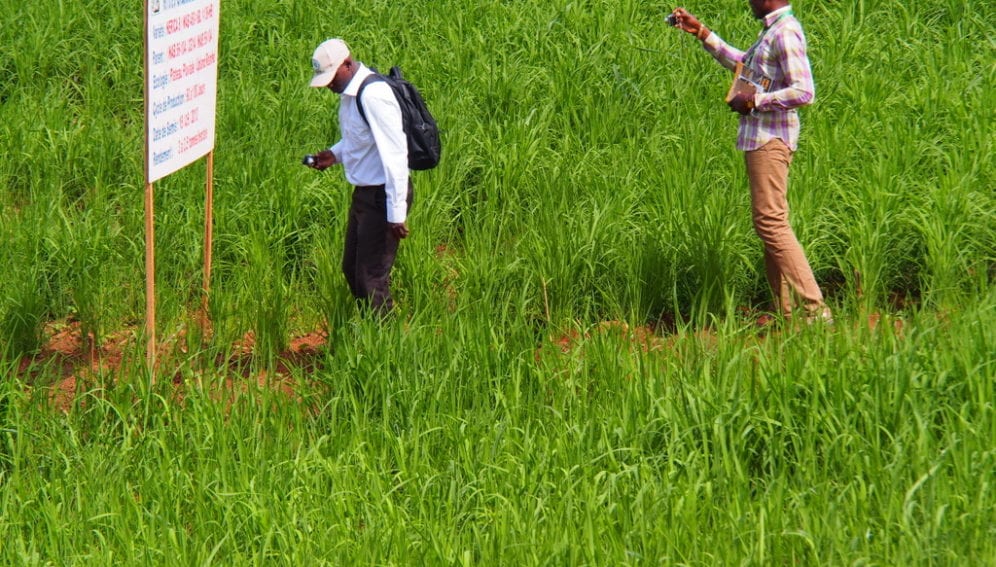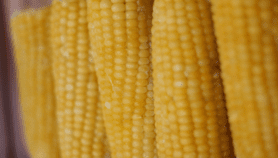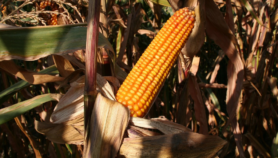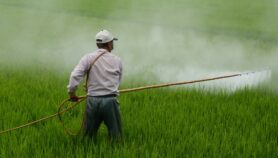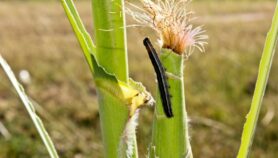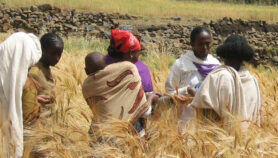By: Leocadia Bongben
Send to a friend
The details you provide on this page will not be used to send unsolicited email, and will not be sold to a 3rd party. See privacy policy.
Agricultural researchers who have been perched on high pedestals while largely remaining aloof from the farming community could be in for a rude shock.
Farmers now want to be involved in research activities, a position that prominently featured in many themes at the 3rd Africa Rice Congress in Yaoundé, Cameroon from 21-24 October.
At the Benin-based Africa Rice Center, farmers' participation in research has been embraced and Marie-Noelle Ndiondjop, a biologist who develops improved varieties for farmers, says that the programme takes three years.
During this programme, farmers, extension services and researchers work together on varieties proposed for adoption by the farmers based on the felt problems and needs.
"The farmers are trained to plant and when the varieties are at the vegetative stage, the farmers evaluate, select and say why they chose or rejected a particular variety at the end of the three years," says Ndjiondjop.
She adds: "When the farmers reject a particular variety, the researchers turn it into a research question and go back into the laboratory to improve on it based on the farmers' comments".
David Nanfumba, an agronomist at the Buginyanya Zonal Agricultural Research and Development Institute in Uganda observes: "When farmers are part of the selection process of a rice variety, they gather knowledge and make informed choices on whether to accept or reject a variety".
Yes, farmers look forward to new varieties meeting their agricultural needs, but that does not mean these varieties should be researched and developed without their input.
"Farmers want to be involved in the process so that by the time it is released, they already know what the variety is all about and that they are ready to adopt it," says Nanfumba.
In his home country, participatory selection is yielding fruits and farmers have shown their liking for rice research varieties K85 and Wita 9 — lines in trials and still on their scientific code names — that are high yielding, fast maturing and drought and floods tolerant.
In Uganda, according to Nanfumba, farmers seems to be coming out of being a muted lot and have expressed their dislike for a variety that is short because of the likelihood of such rice getting submerged in water, leading to grain loses.
A similar farmer-participatory rice selection process in Zanzibar revealed that farmers preferred SUPA BC, a variety that has now been released to them, says Khatib Juma Khatib, an agricultural research officer with the Zanzibar Research Institute.
From the foregoing, adopting a new rice variety may be difficult if it is researched and developed without involving farmers in an all-inclusive process.
This article has been produced by SciDev.Net’s Sub-Saharan Africa desk.


